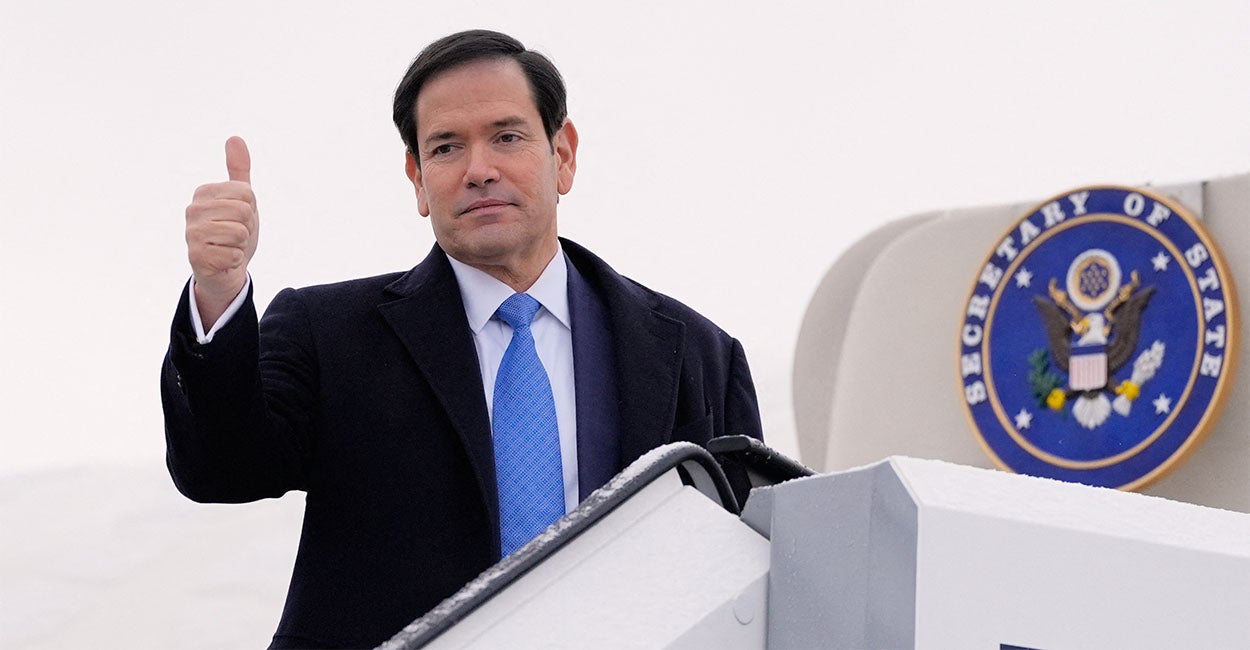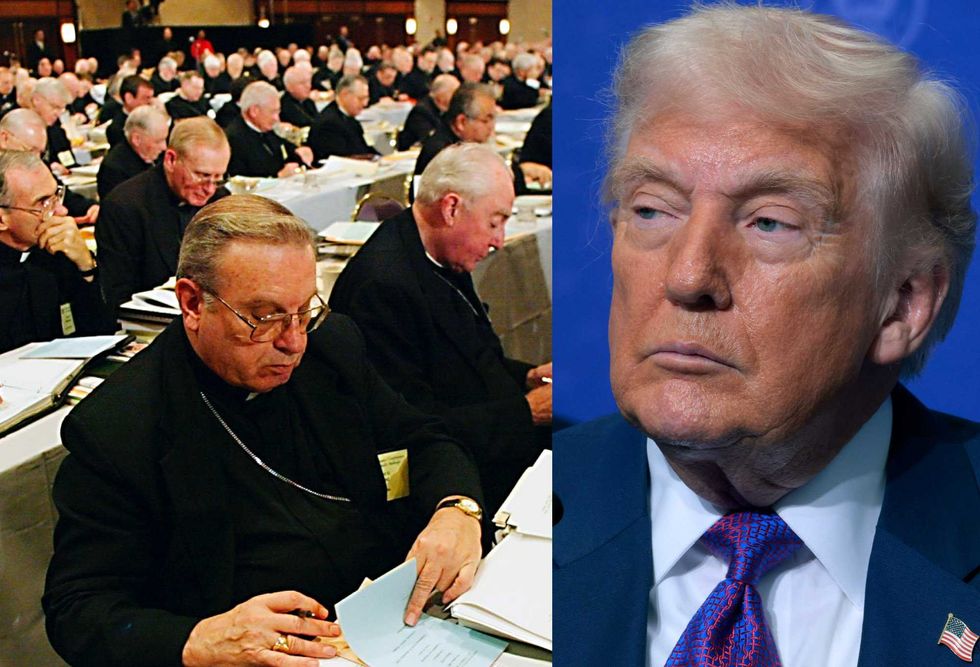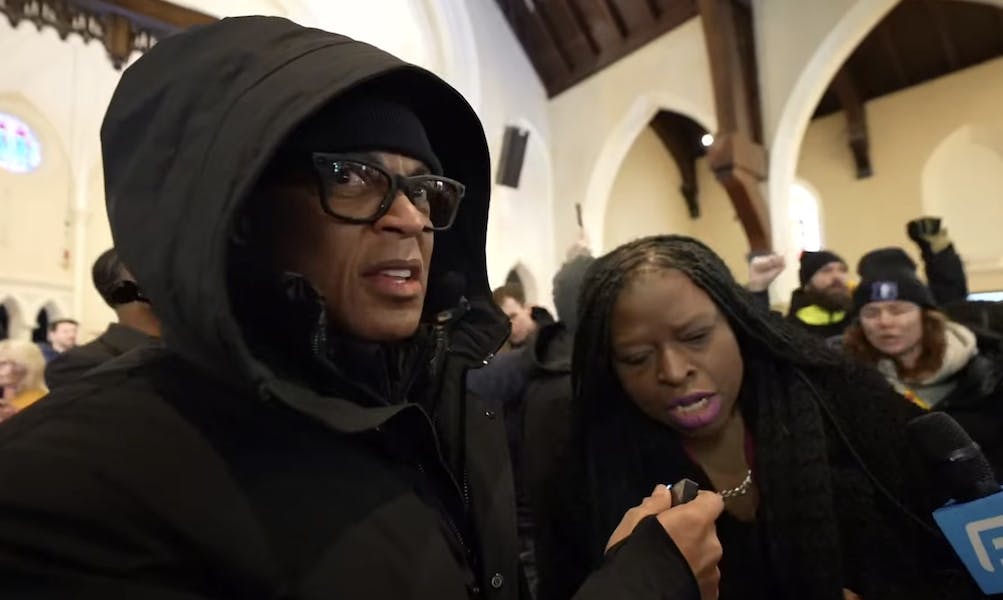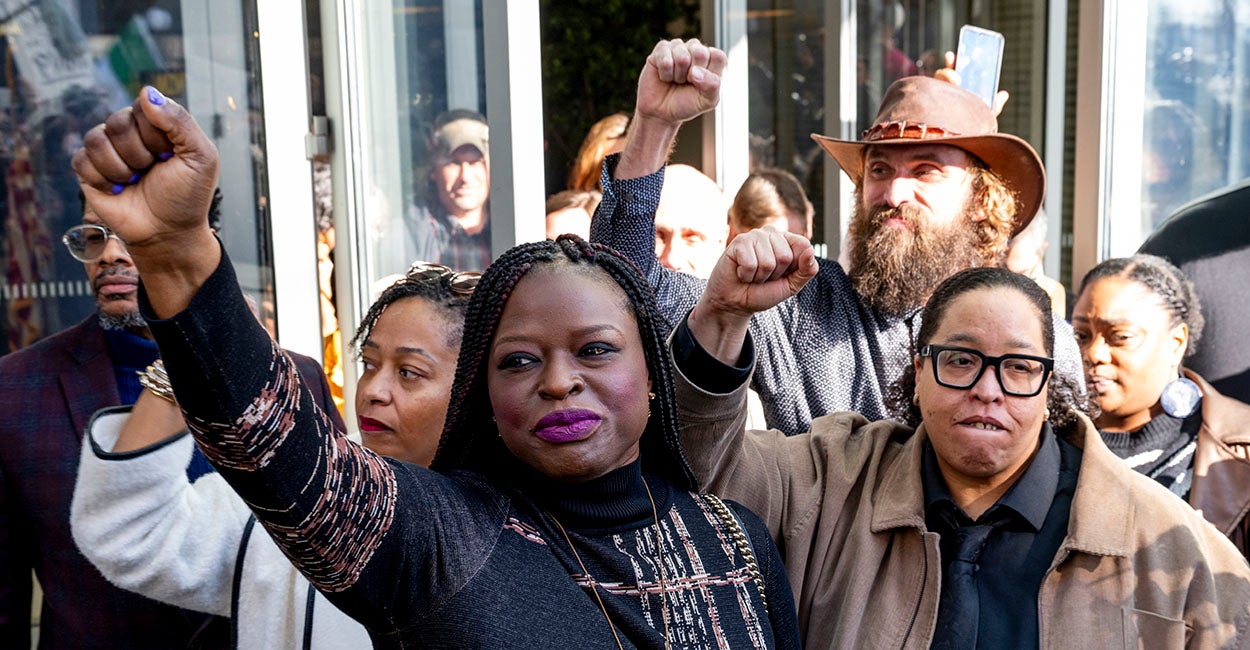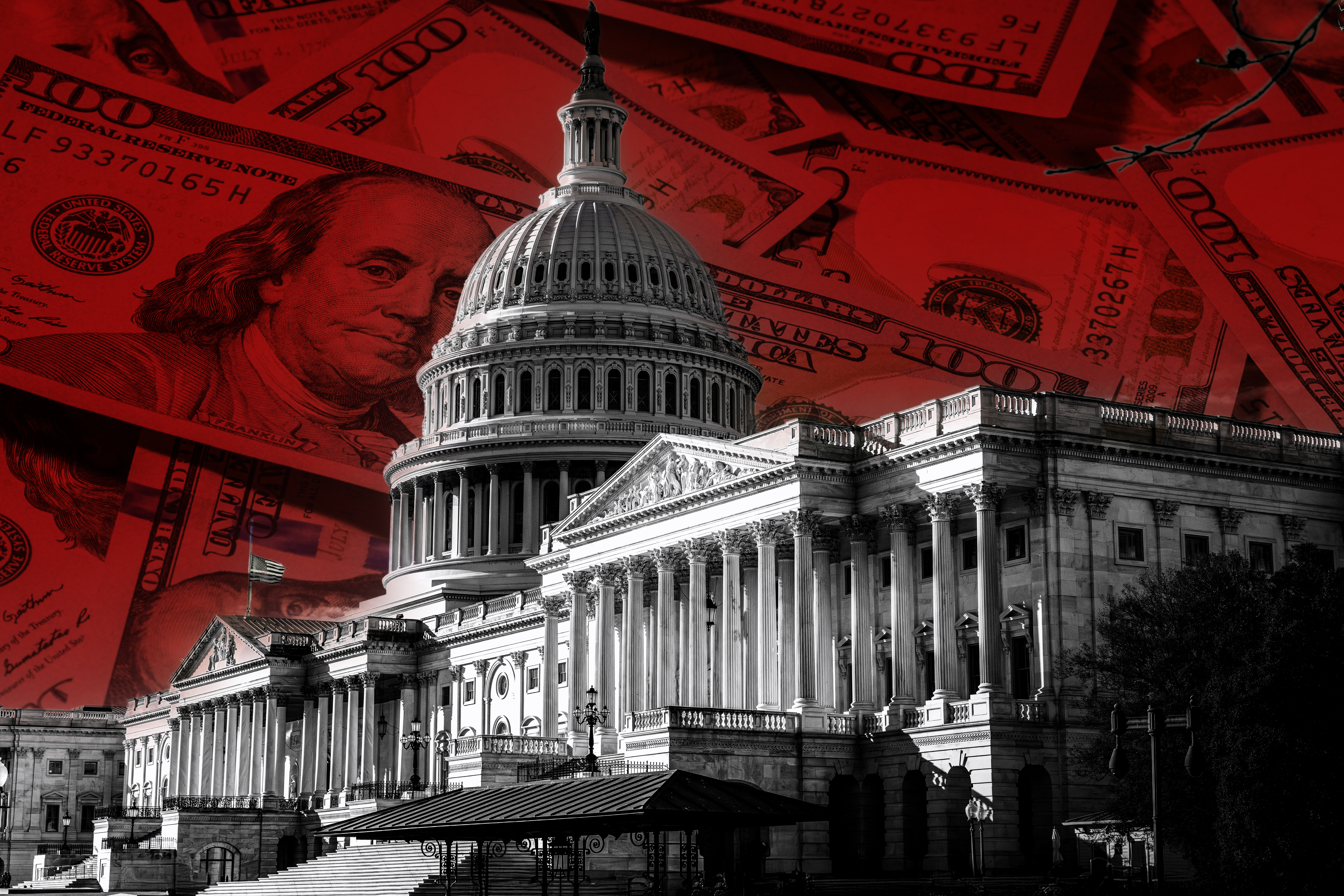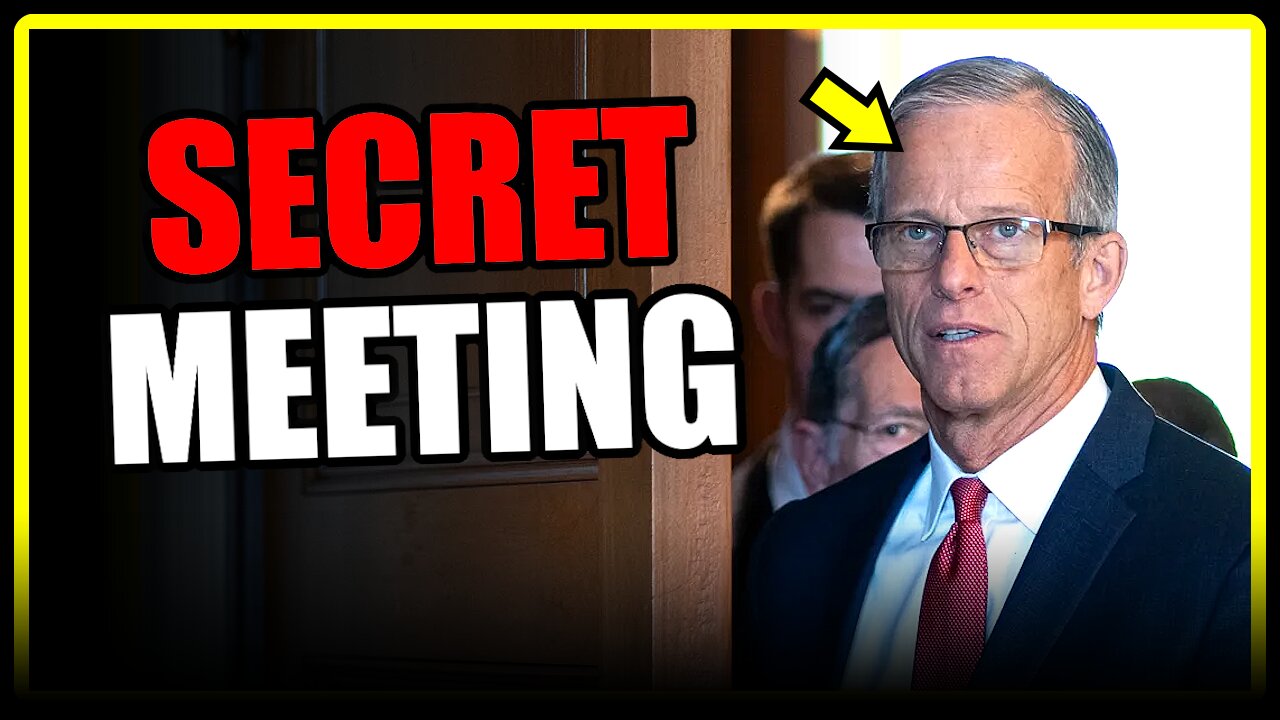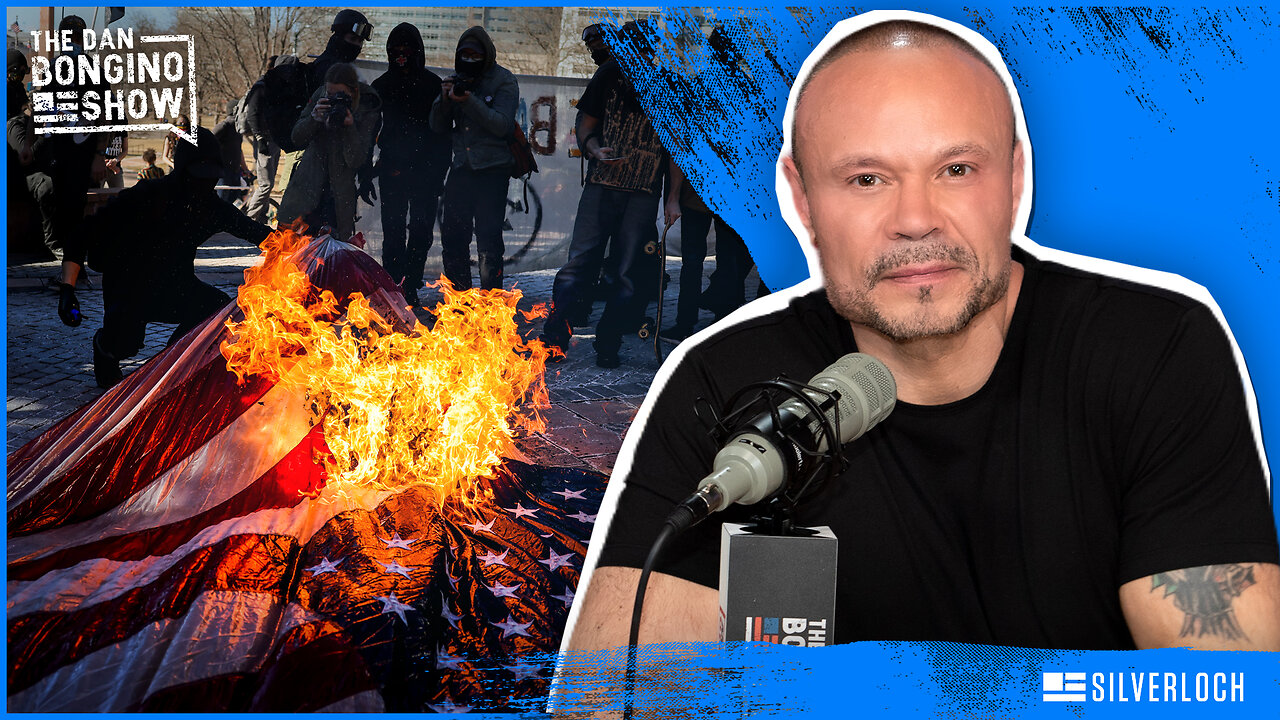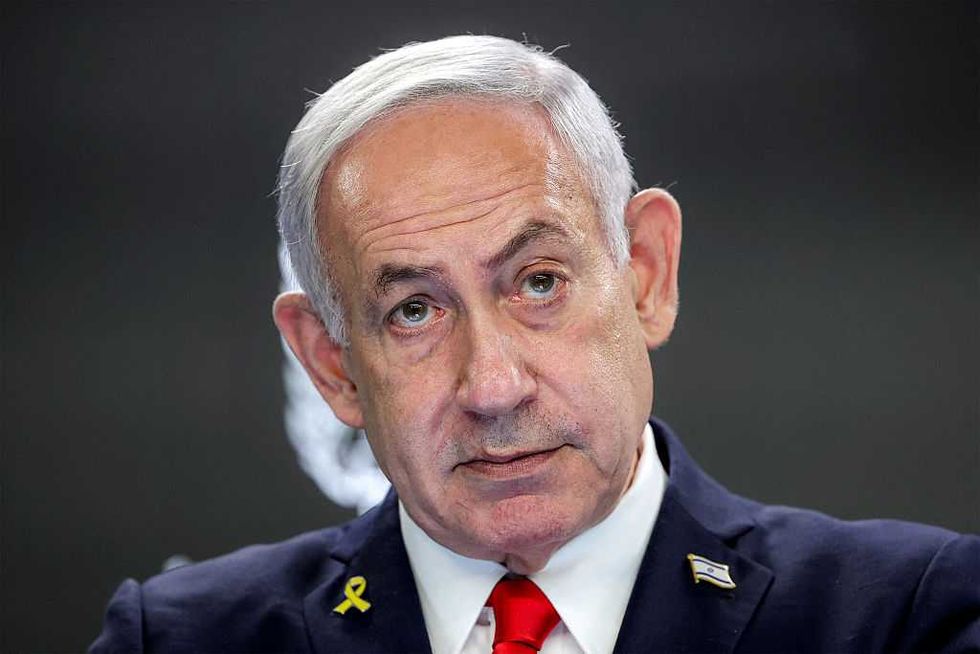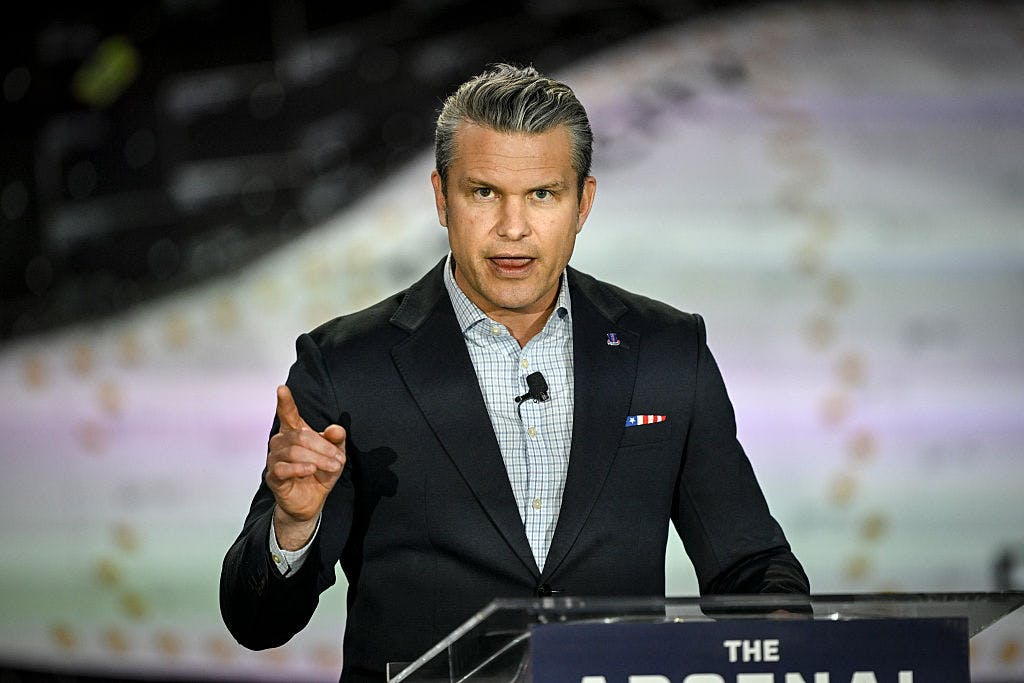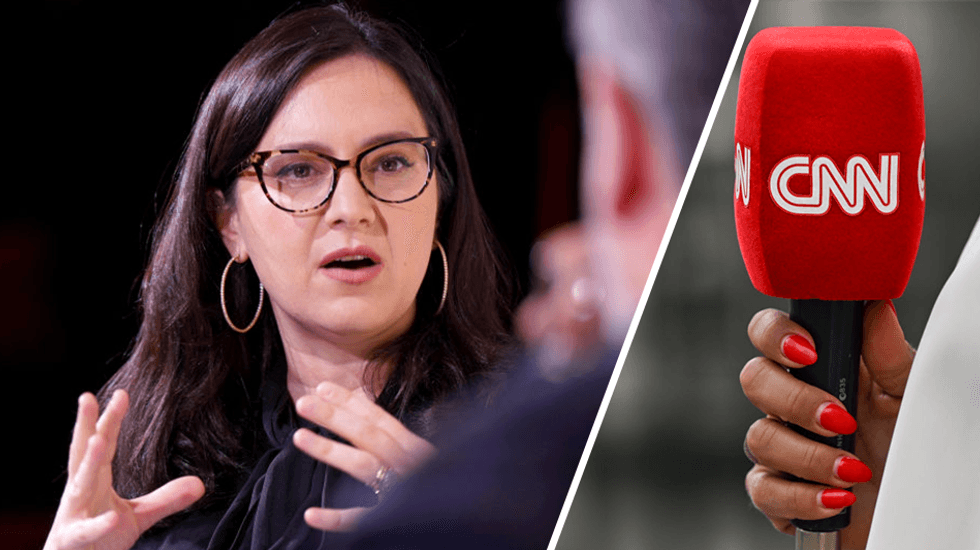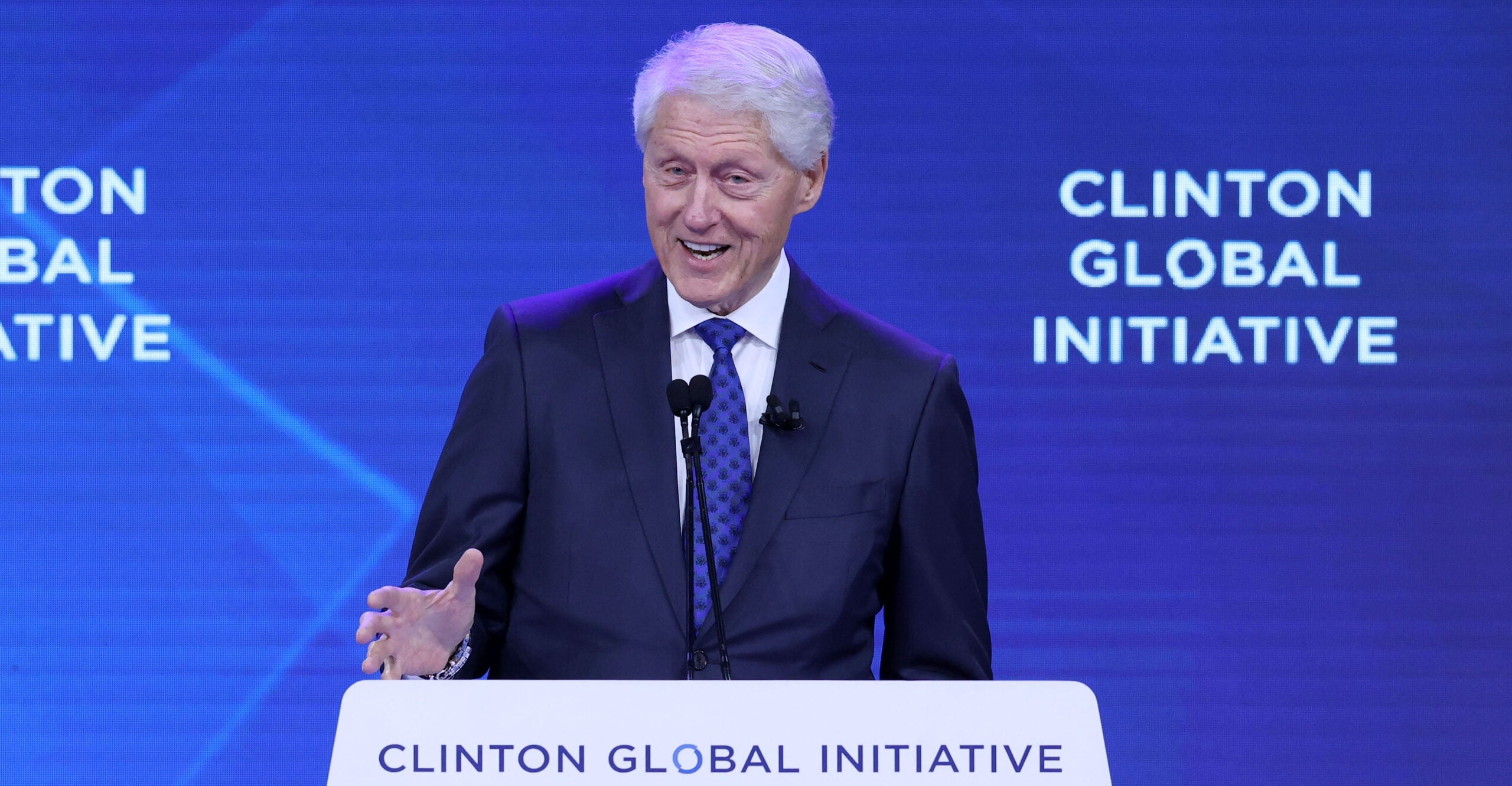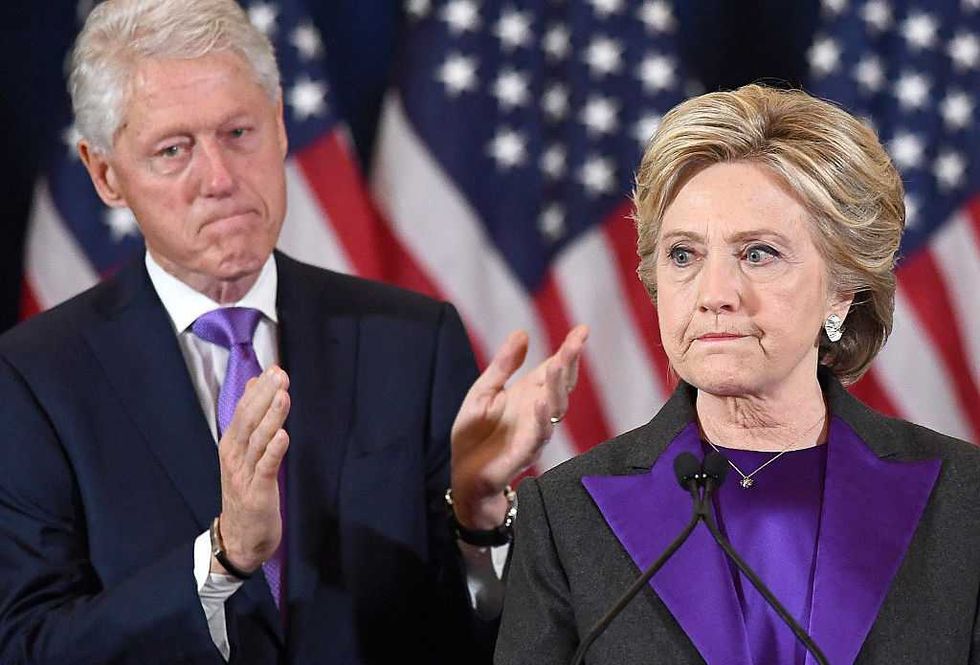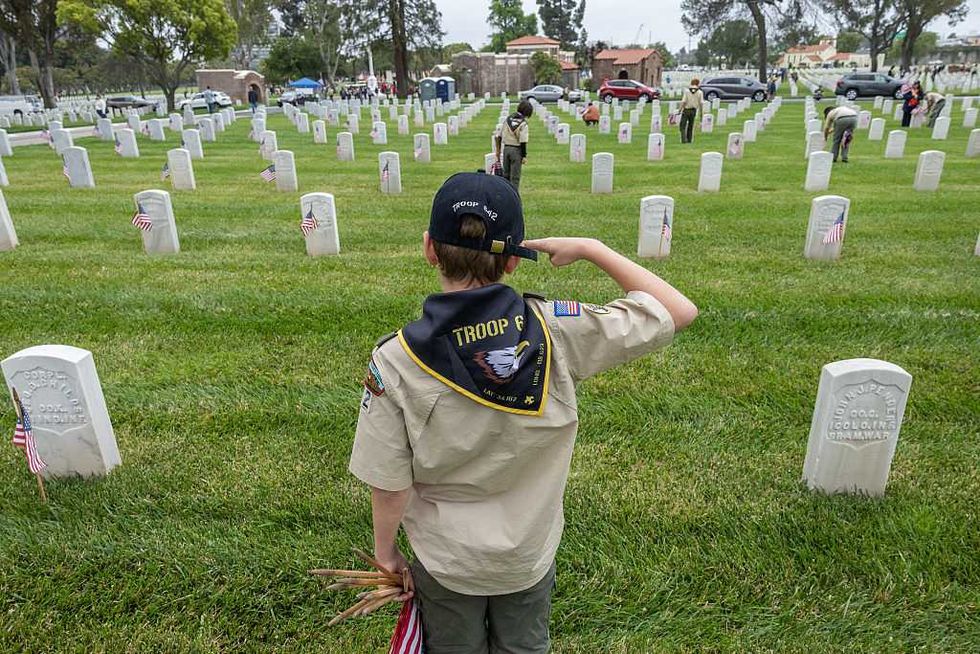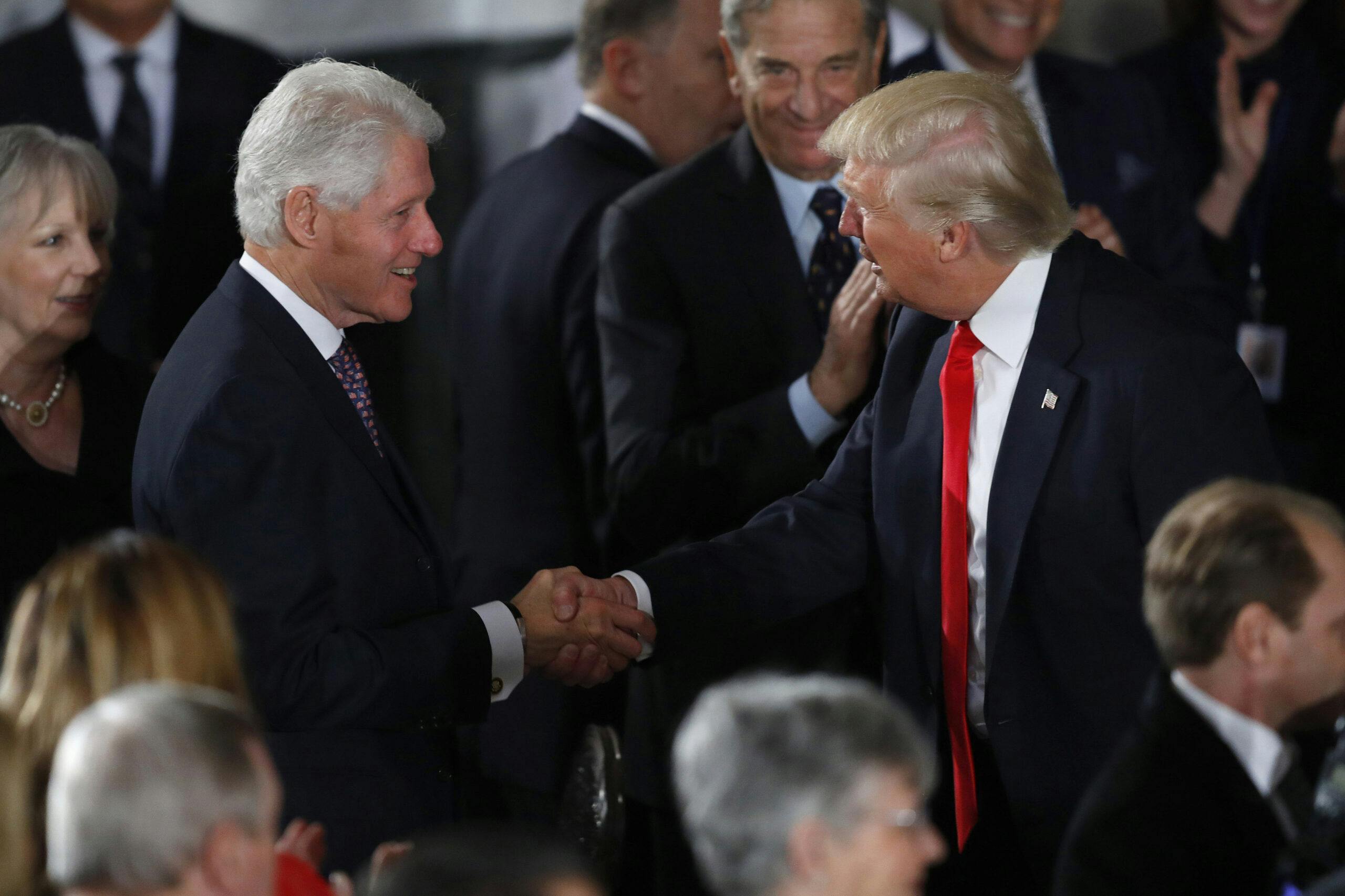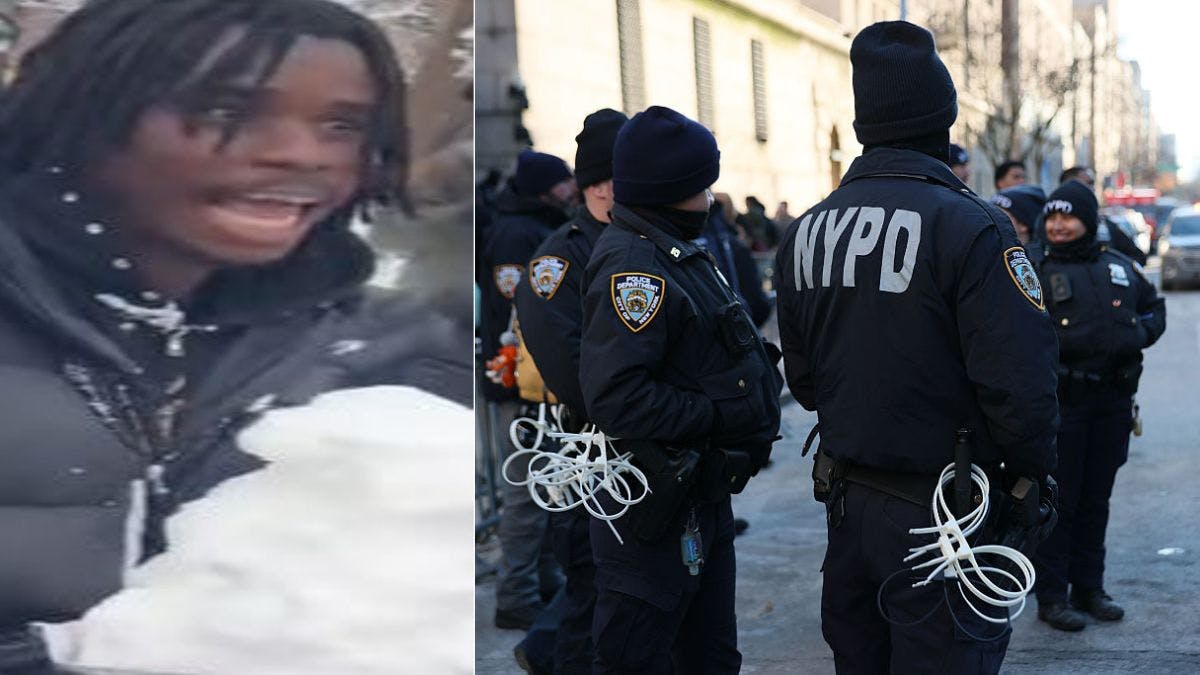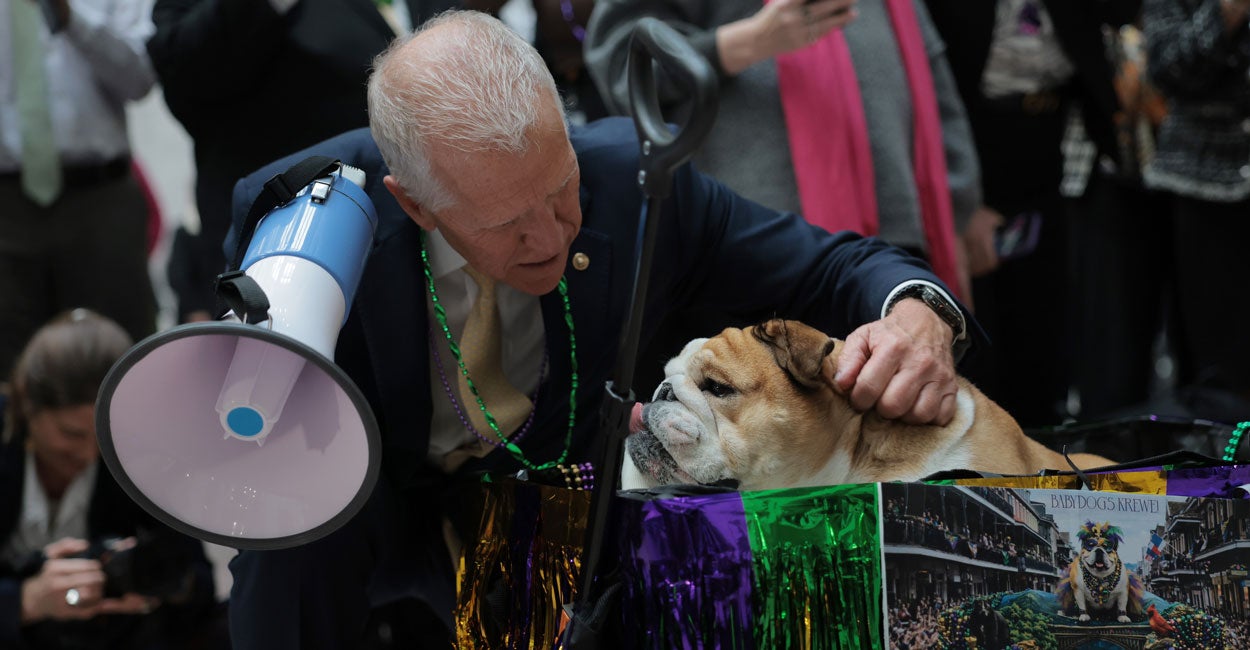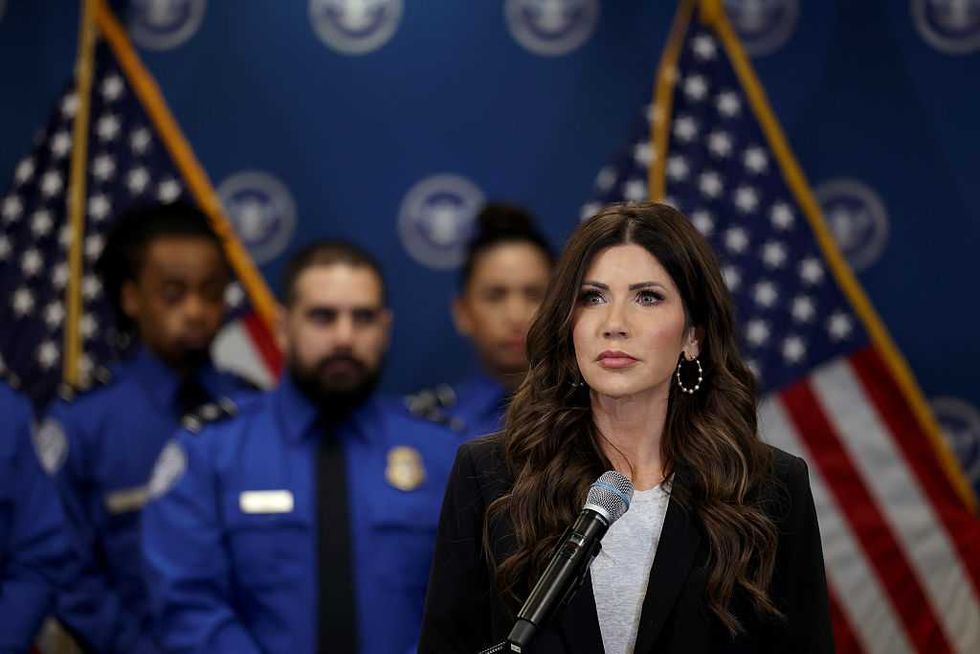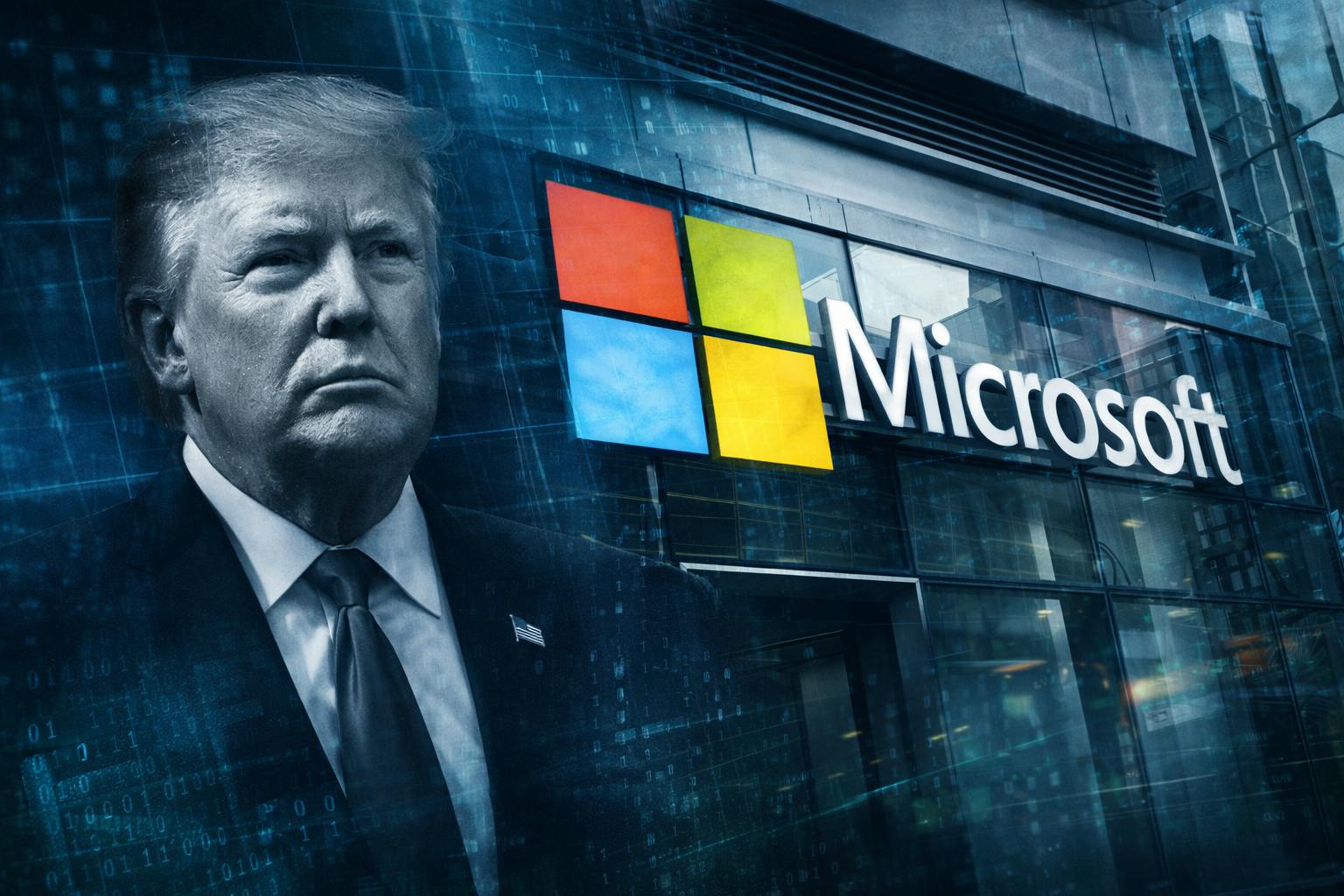Free Speech in Britain—a Visitor’s Snapshot

By now, most know that free speech is under threat in Great Britain. In August, Vice President J.D. Vance “raised some criticism [and] concerns about our friends on this side of the Atlantic” while in England on vacation and for official meetings.
Live Your Best Retirement
Fun • Funds • Fitness • Freedom
I just went back to my old college, St. Andrews in Scotland. I’d reached out to them several times since retiring from being a diplomat, and while their official responses have been polite, it’s clear they don’t want to engage too closely with an alumnus who is an outspoken conservative.
But I was invited to speak by the school’s Foreign Affairs Society, a group of international relations students who don’t shy away from real conversations about Brexit, NATO, and immigration.
I was told there were a few angry posts on Instagram prior to my visit. The comments were focused on my employer, The Heritage Foundation, rather than anything I had written or said.
I was half hoping for a raucous demonstration at the venue, the university’s central St. Salvator’s quad, if only as publicity for my book “The Ten Woke Commandments (You Must Not Obey).” In preparation for my arrival, the Foreign Affairs Society had organized both official campus and student volunteer security.
As it turned out, the protest was just two young female students holding a tiny placard that I couldn’t make out. The rest of the protesters had sensibly gone to the pub, I suspect, in firm St. Andrews tradition. The audience was polite, and their questions informed and engaging.
A few days later, I spoke to graduate students under the tutelage of Professor Eric Kaufmann at the University of Buckingham. Kaufman had just published a report on the sudden decline of young people identifying as “transgender or non-binary,” with a graph that quickly went viral thanks to retweets by Elon Musk and others. I’d become aware of Kaufman way back in 2020, when he was one of the few voices in Britain challenging orthodoxy about mass migration and assimilation.
My last London engagement was at the Battle of Ideas Festival, on their 20th anniversary. The event was buzzing, with hundreds of people and multiple simultaneous panels and presentations.
My event was “Free Speech Under Trump,” featuring fellow panelists from Cambridge, New York, and Liverpool universities, as well Tom Slater, editor of the online outlet Spiked.
The environment was wonderful. There were tables hosted by dozens of organizations, from the Communist Party (Marxist-Leninist) to the Free Speech Union. Attendance leaned conservative, but everyone was welcome.
The Battle of Ideas was the opposite of cancel culture—so naturally, commenters from the left hated it. One called it “a cynical brand showcase” and “a live content farm for Britain’s right-wing media ecosystem” because it featured conservative voices like GB News, the Spectator, and UnHerd. The New Statesman scathingly described attendees as either “of a certain age” or weird.
On our panel, the NYU and Liverpool professors cast Trump as a threat to democracy and free speech. In the UK, as in the U.S., college faculty are overwhelmingly left-wing, so no surprise there. Dr. James Orr from Cambridge and I argued the opposite—that Trump had arrived in the nick of time to save free speech and oppose cancel culture, which had hitherto only targeted conservatives.
The audience was divided in reaction and viewpoint, but at no point did anyone shout, hold up “Free Palestine” cards, or ask impertinent or obnoxious questions.
The Battle of Ideas was an encouraging atmosphere of open discussion, leading me to wonder: Would such a conversation be possible in the U.S. today? I think not.
First, it would have to be organized by conservatives, who are not afraid of debate and whose ideas can stand exposure to daylight and counter arguments. American Leftists seem afraid to discuss their core values with opponents. Instead, many allege mere words are violence.
Rather than bringing opposing voices on campus and tackling them with better arguments, American students try to de-platform them—demonstrating a puerile fear of rhetoric.
Then there’s the matter of security. The Battle had no metal detectors, and the only visible staff were young volunteers in white t-shirts. Any such event in the U.S. today would have to be locked down tight.
In addition to hounding conservatives off campus before they can speak at all, our extremists on the far left have demonstrated a propensity for violence in opposition to free speech. Charlie Kirk braved the arena, and it cost him his life. At least he died with his rhetorical boots on.
Britain’s free speech today is arguably most under threat from gender ideology and Islamism. The former will fade, as Kaufmann’s research shows. The latter is a growing menace that Britain, and the West as a whole, must face.
In England, “Pro-Palestine” demonstrations are routine and protesters openly call for violence against Jews and Israel. Politicians in Birmingham, the nation’s second-largest city, recently banned fans of an Israeli soccer team due to the threat of violence from the local population.
The fates of David Ames, Salman Rushdie, Mike Freer and others remind us what is possible. Yet giving into a sectarian heckler’s veto to appease radical sensibilities will signal Britain’s ultimate concession to a subset of immigrants’ intolerance over the national majority’s respect for free speech.
The post Free Speech in Britain—a Visitor’s Snapshot appeared first on The Daily Signal.
Originally Published at Daily Wire, Daily Signal, or The Blaze
What's Your Reaction?
 Like
0
Like
0
 Dislike
0
Dislike
0
 Love
0
Love
0
 Funny
0
Funny
0
 Angry
0
Angry
0
 Sad
0
Sad
0
 Wow
0
Wow
0
